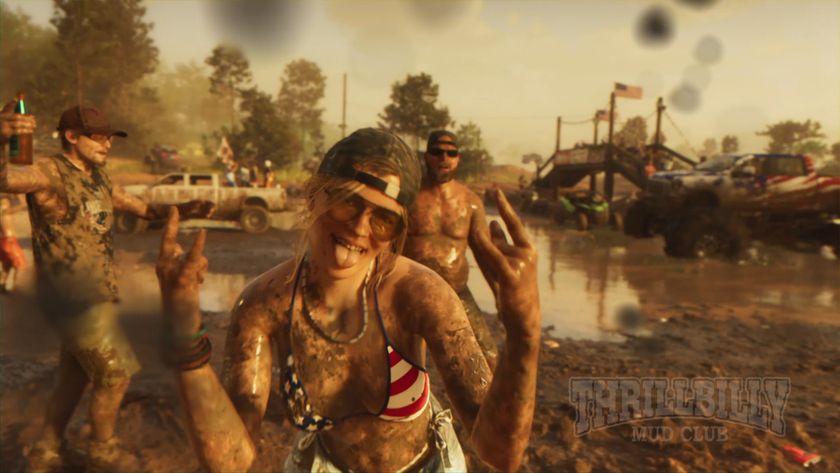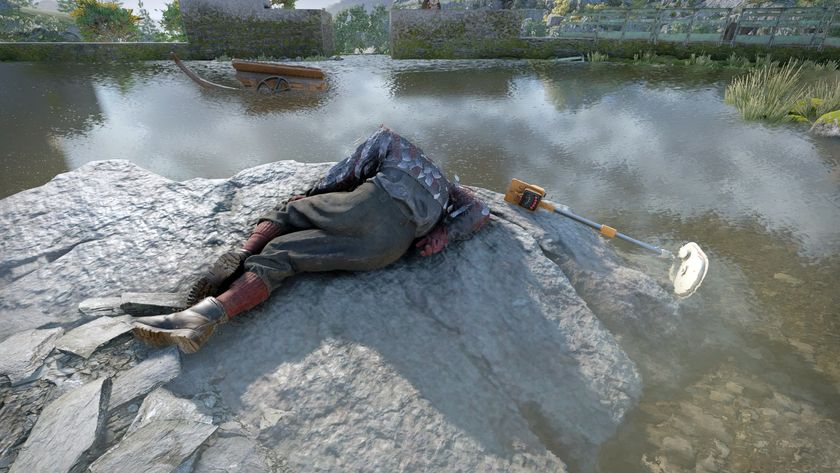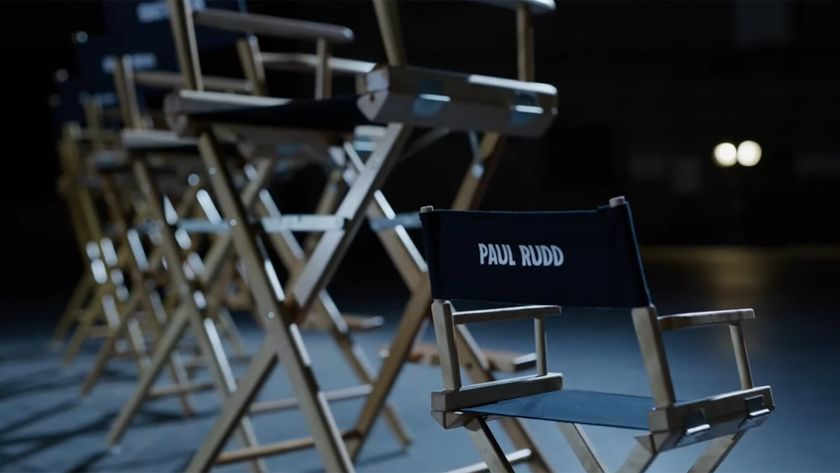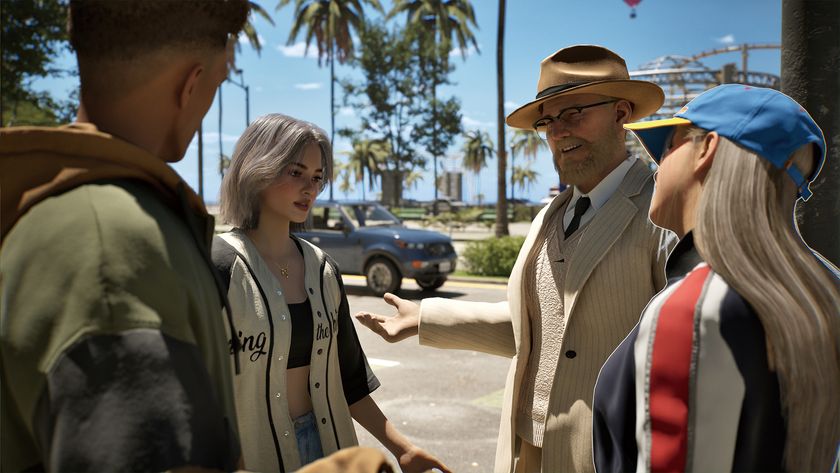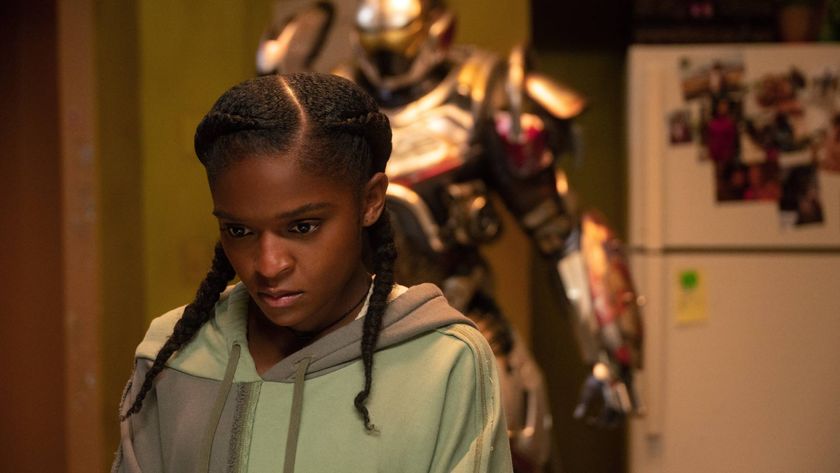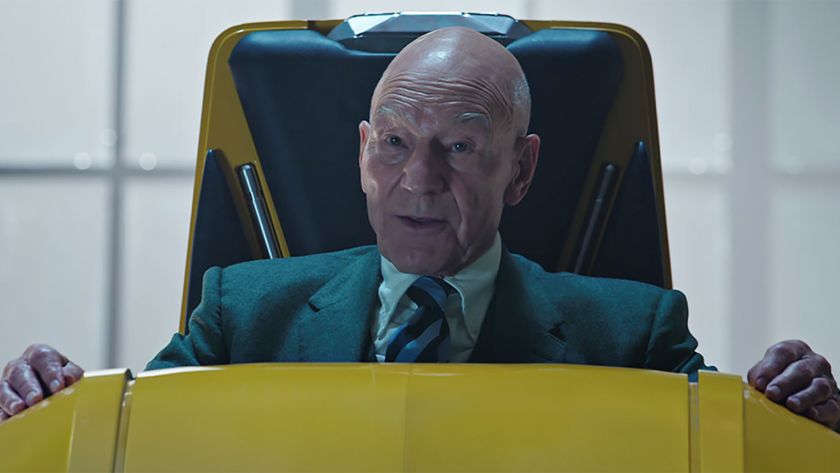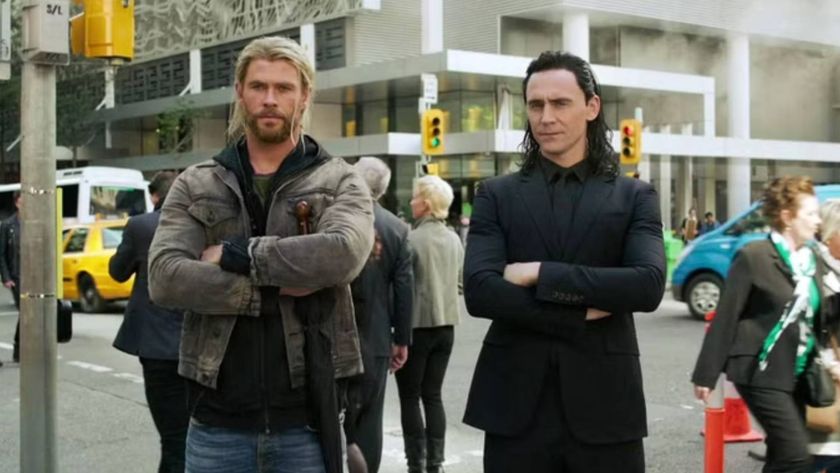Metro author says humans are the worst kind of monsters
Dmitry Glukhovsky tells us about his experience bringing Metro to life
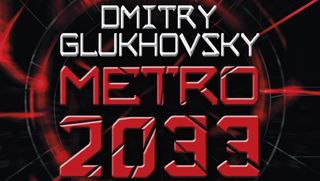
From novel to video game
In 2010, Metro 2033 introduced gamers to post-apocalyptic world, one in which humanity survived nuclear war by taking refuge in the tunnels of Moscow's extensive Metro network. Little did they know, however, that that game was based on a novel of the same name, penned by Russian author Dmitry Glukhovsky years prior. Glukhovsky also wrote the story and dialogue for Metro: Last Light (as well as a follow-up novel, Metro 2034), so we got in touch with him to talk about his experience working with 4A Games to bring his world to life. This is what he had to say.
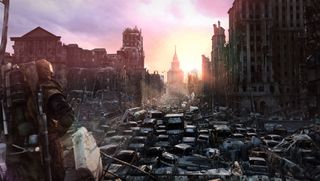
What inspired Metro 2033 and its dystopian underground setting?
Cold War-era nuclear paranoia, when we all thought a nuclear was imminent, and the subway of Moscow--which happens to be the world's biggest fallout shelter--were both my biggest inspirations. The Metro of Moscow really is what I say it is: a huge underground city, a new days' Noah's Arc that will save hundreds of thousands of human lives when the world ends.
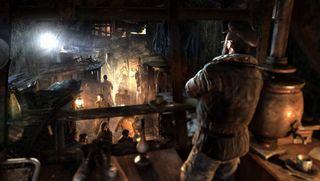
There are a lot of politics involved in Metro's story--what interests you about the power struggles of mankind?
You will see all kinds of monsters in my novel Metro 2033 and in the Metro: Last Light video game, but humans are definitely the worst ones--just as in today's world there's no more dangerous and cruel predator than homo sapiens. The worst thing about men is that they can be driven by ideologies... Ideologies are basically a strain of rabies-like virus that cause creatures to behave unnaturally, being overly brutal, risking their lives, losing their senses. The 20th century saw the most horrible massacres ever thanks to ideologies: communism and nazism to start with. The world of Metro 2033/Metro: Last Light is the world we lost, but reduced to a toy's scale. Nevertheless, the problems and the conflicts that tear that new tiny world apart were borrowed from the brave old world. What we see beginning in some trailers to Metro: Last Light is a preparation for the last world war in this little underground world, that might well be the end of all.
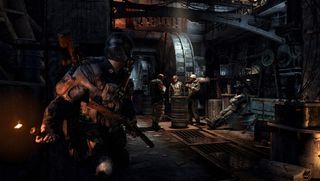
How did your novel end up becoming a game? Was that something you actively pursued?
No. Metro 2033 began as a free-to-read interactive online project, when I first started putting it online in 2002. Back then it was the weirdest decision, and every friend of mine warned me that I would be robbed of my novel, somebody would publish it under their name. I screwed all friendly advice and pursued my thing. A year later developers from 4A read Metro 2033 online for free and contacted me saying they want to turn this into a video game. I accepted... Then it took seven more years to actually create that video game. I think that a game can be as great piece of art as a film or a book can be. However, it also can be a definite thrash, but so can be books and films. It all depends on the talent of those who create that game. I was lucky, and Metro 2033 and Metro: Last Light the games are masterpieces.
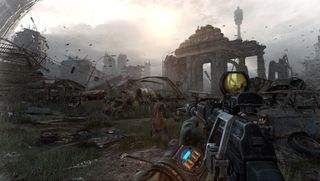
Do you think the game was successful in telling the story you depicted in your novel?
Well, games are a different art than literature--you need to provide some space for a killing spree in those. There's a much bigger creative freedom in books, and they plunge the reader way more efficiently into the fiction world. Readers have to co-create this world with their imagination, you know, turn letters into living people, into air, stone and water. And when developers adapt a book into a game, they have to castrate the story, make it about running and shooting. My developers tried hard to preserve the spirit of my novel, and we are proud to present a sentimental and philosophical shooter as a result. The biggest compliment for us is that many people get so curious about the world of Metro after playing the games that they go and read the books to find out there's so much more out there.
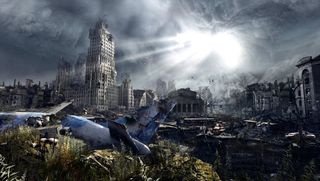
How much involvement or input did you have with the Metro games?
Metro 2033 was accurately (if not without imagination) based on my novel. For Metro: Last Light I created the entire plot line and wrote the whole piece of the dialogue. And Metro: Last Light definitely has way more dialogue than any shooter normally has.
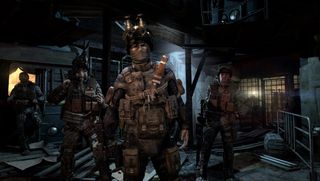
Do you play many video games yourself?
I've always been playing Civilization. I like strategy and I like conquering the world. What I am doing now with Metro franchise is my world conquest. Behold.
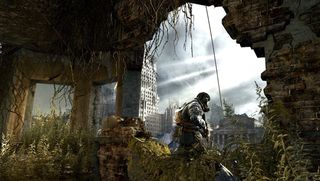
What has your experience writing for games been like? How does it differ from writing a novel? How is it the same?
I just wrote it as seriously as if it was a novel or a script of a film. And you'll feel it while playing: finally the gamer is not treated as a dumb-ass pimply and blood-thirsty teenager. I recognize gamers as equals to myself & present them with deeper themes than other games. Few games authors can say they do the same.
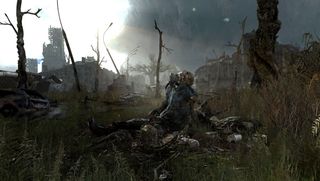
Metro: Last Light isn't based on Metro 2034--any particular reason why?
Metro 2034 the novel is a different story: people remembering their days before the Apocalypse, dreaming of what Earth would have been like, had the war not happened, missing their loved ones... There's not much shooting there, and not much action. I knew it and suggested to 4A I would create a new plot for them. The plot that will become the core of the future Metro 2035 novel...
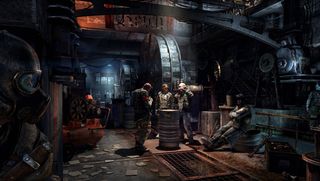
Knowing you were writing a story for Last Light, did it change the way you approach the writing process?
Yes it did. I allowed myself to do much more mature, controversial and serious things than ever before. I felt so much more freedom for some reason. When I wrote Metro 2033 I tried to behave, wanted to be a good boy: no violence, no sex, no cursing... Last Light is so much more for mature. And then I learned how to balance this with psychology, so that it doesn't feel like a trashy slasher, but rather like an HBO series.
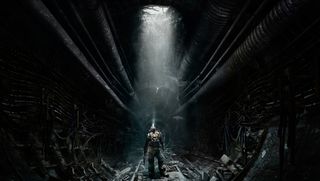
What about the Metro universe do you think resonates with Western audiences?
We all like post-Apocalypse. We all like to see the world reduced to ruins, mankind begone, cities turned into wastelands, skyscrapers into caves, Google Maps going dead, Internet plugged off for good. We are all tired of traffic jams and overcrowded subways, of meaningless office jobs, of humiliating our egos for a minimal wage. We all like to feel ourselves the last survivors, heroes, explorers, scouts and defenders of besieged fortresses. The only difference is that most Americans prefer to be killed by zombies, while I as a European author am not attracted by dead people. Let alone the fact that a nuclear holocaust is so much more scientifically viable... Thanks again, Mr. Kim!

Ryan was once the Executive Editor of GamesRadar, before moving into the world of games development. He worked as a Brand Manager at EA, and then at Bethesda Softworks, before moving to 2K. He briefly went back to EA and is now the Director of Global Marketing Strategy at 2K.
